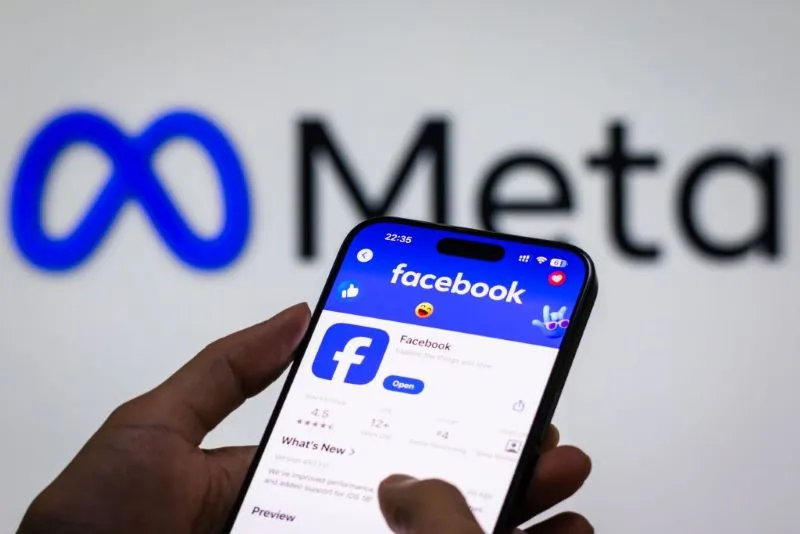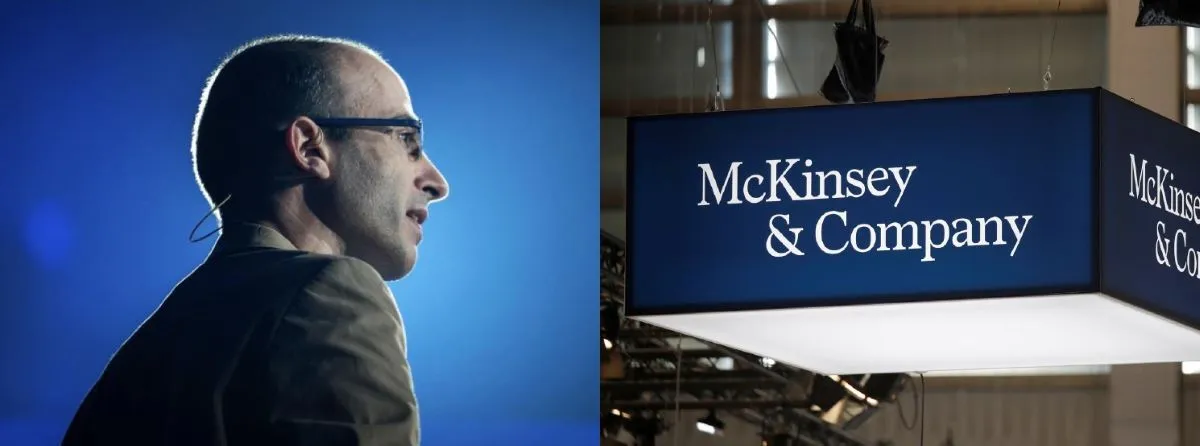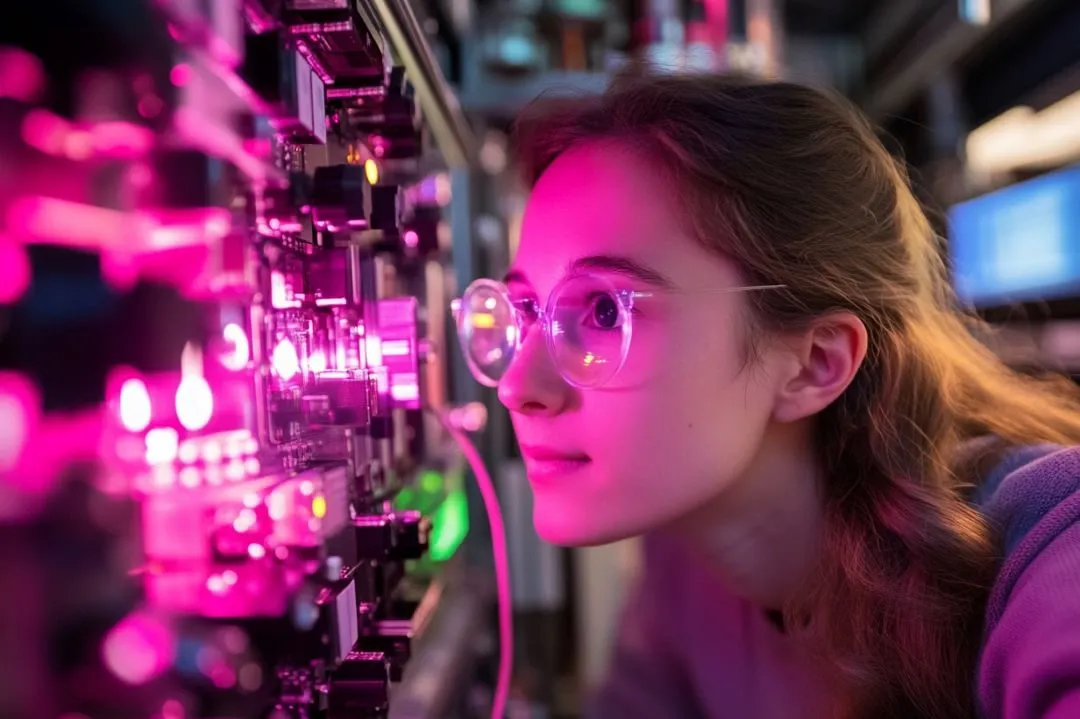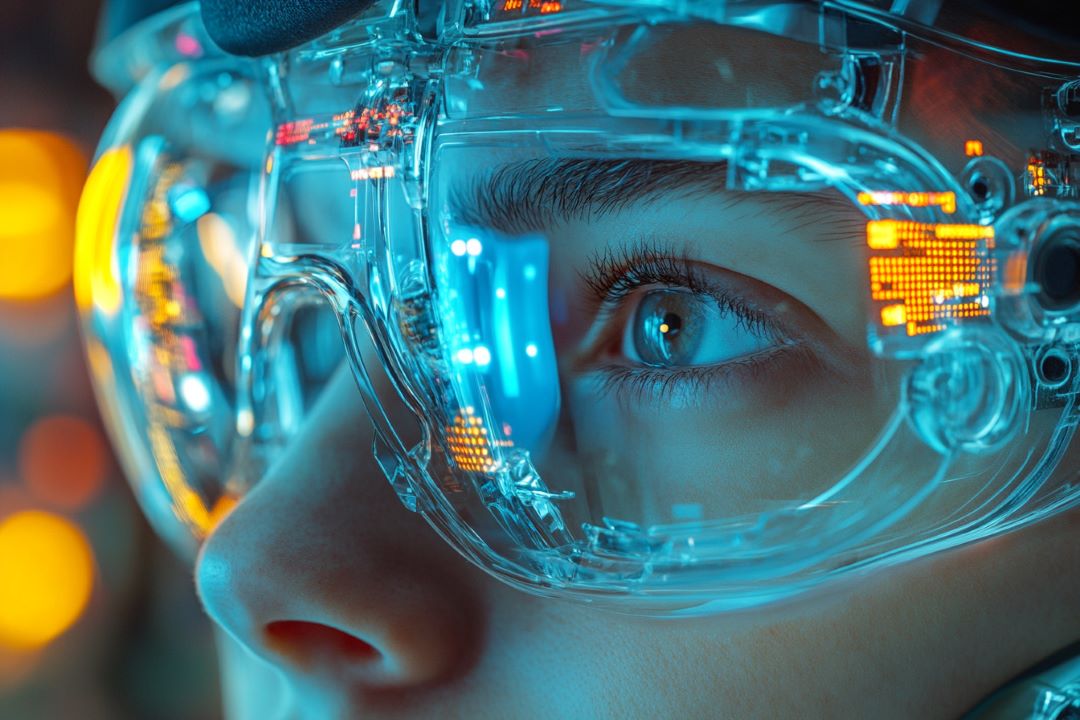Your Bite-Sized Updates!
Stay ahead in the fast-moving world of technology with quick, easy-to-digest updates. From the latest AI breakthroughs to cybersecurity alerts and software trends, we bring you the most important tech news. Just the key insights you need to stay informed.
Meta Tests AI Photo Suggestions from Your Camera Roll

Facebook is currently testing a new feature that requests permission to access users’ mobile photo galleries, including images that have never been posted, to allow Meta AI to suggest collages, restyling, or various photo themes through cloud-based processing. When users tap “Allow” to grant permission, the system will upload photos to Meta’s servers to analyze content and faces in the images.
Using this feature means accepting Meta’s AI usage agreement, which grants the company rights to collect, analyze, and use personal data for further AI system development.Using this feature means accepting Meta’s AI usage agreement, which grants the company rights to collect, analyze, and use personal data for further AI system development.Using this feature means accepting Meta’s AI usage agreement, which grants the company rights to collect, analyze, and use personal data for further AI system development. What’s particularly concerning is that this feature accesses photos we never intended for anyone to see – whether they’re private family moments, casual snapshots taken along the way, or images we’ve saved purely for personal memories. While Meta assures that the data won’t be used for advertising purposes, experts remain worried about data storage and access protocols.
Although AI technology can make life more convenient, and receiving content creation suggestions from personal photos might serve as inspiration, we must weigh this convenience against the privacy we’re willing to sacrifice.
For users with privacy concerns, there are still options for protection. Users can disable this feature at any time, and when turned off, Meta will delete stored media data within 30 days. This can be controlled in the Facebook app’s Settings menu under “Camera roll sharing suggestions.”
‘https://techcrunch.com/2025/06/27/facebook-is-asking-to-use-meta-ai-on-photos-in-your-camera-roll-you-havent-yet-shared/
How Businesses Can Use On-Premises AI to Protect Data Privacy

Businesses don’t always need to rely on cloud-based AI services like ChatGPT. Today, there are open-source tools that can install and run AI locally on-premises, such as LocalAI, Ollama, and DocMind AI, which help keep sensitive data secure without sending it to the cloud.
Key Local AI Solutions
LocalAI serves as an easy-to-use alternative to OpenAI API, supporting text generation, image creation, and audio processing on standard hardware. This tool provides businesses with the flexibility to maintain AI capabilities while keeping data within their own infrastructure.
Ollama simplifies LLM model management with support for multiple operating systems, making it ideal for non-developers who want to implement AI solutions without complex technical setup. Its user-friendly interface allows businesses to quickly deploy and manage various language models.
DocMind AI offers secure document analysis and summarization using LangChain and local models through Ollama integration. This solution is particularly valuable for businesses handling confidential documents that cannot be processed through external cloud services.
While these tools are user-friendly, basic knowledge of Python, Docker, or command-line interfaces is helpful. Though local models enhance privacy, proper security measures are still necessary to guard against breaches.
‘https://www.artificialintelligence-news.com/news/how-businesses-can-use-local-ai-models-to-improve-data-privacy/
Microsoft laying off about 9000 employees in its latest round cut

Microsoft has announced plans to lay off less than 4% of its total workforce worldwide, or around 9,000 employees, with 830 of them are based at the company’s headquarters in Redmond, Washington. This marks the second-largest round of layoffs since 2023, yet interestingly, Microsoft’s stock price remained steady following the news.
The company explained that the cuts are part of a plan to make its structure more efficient and to help it succeed in a dynamic marketplace. Similarly to previous round of layoffs in May, Microsoft is trying to reduce the number of management layers between individual contributors and top executives.
Phil Spencer, head of Xbox, told his team in a memo that they would be impacted by this changes. Microsoft has not clearly states whether AI is the reason behind these layoffs, or which departments will be most impacted. However, earlier this year, CEO Satya Nadella revealed that 20%–30% of Microsoft’s code is being generated by AI, and the company currently pours billion of dollars into AI infrastructure investment.
This development reflects a broader trend: as AI capabilities advance and reshape workflows, major tech firms are re-evaluating roles, structures, and talent priorities.
‘https://www.cnbc.com/2025/07/02/microsoft-laying-off-about-9000-employees-in-latest-round-of-cuts.html
Study Finds AI Could Cut Global Carbon Emissions by Billions of Tonnes

A new study by the London School of Economics and Systemiq reveals that AI could reduce global carbon emissions by 3.2–5.4 billion tonnes annually by 2035—far outweighing the emissions from AI itself.
Focusing on three major polluting sectors—power, meat and dairy, and passenger transport—the report outlines how AI can drive efficiency, accelerate innovation, help individuals make greener choices, predict climate changes, and provide life-saving early warnings for extreme weather events.
Tools like DeepMind, GNOME, Google Maps, and Flood Hub already demonstrate AI’s climate potential. But the researchers stress the need for active government involvement to guide AI’s growth, promote green innovation, and ensure equitable global benefits.
‘https://www.artificialintelligence-news.com/news/study-finds-ai-slash-global-carbon-emissions/
Why AI will eat McKinsey’s Lunch – but not today
Navin Chaddha, Managing Director at Silicon Valley-based VC firm Mayfield, recently spoke at TechCrunch’s StrictlyVC event on how AI is shaking up the $5 trillion market of consulting, law, and accounting services. His key message: startups shouldn’t compete head-to-head with firms like McKinsey or Accenture but instead serve the markets those giants overlook.
“This is where the innovator’s dilemma comes in,” Chaddha said. “Large firms are locked into legacy models—like multi-year contracts and maintenance fees—and can’t easily pivot to outcome-based, AI-first solutions.”
Chaddha highlighted the case of Gruve, an AI tech consulting startup he invested in, which grew its revenue from $5 million to $15 million in just six months, serving clients like Cisco. Gruve did this by delivering managed security services using a high-margin, outcome-based model—not just selling time or decks.
He also warned that major consulting firms may eventually be disrupted if they don’t adapt. While firms like McKinsey, BCG, and Accenture are still thriving, they face pressure to shift from predictable revenue models to AI-driven, utility-based services. In the meantime, smaller startups are rapidly gaining ground by focusing on speed, value, and underserved segments.
“Mark my words these small companies that aren’t competing with them today will be, in 10 years.”
‘https://techcrunch.com/2025/06/29/why-ai-will-eat-mckinseys-lunch-but-not-today/

Could Google’s Veo 3 Signal the Beginning of Playable World Models?

Google DeepMind CEO Demis Hassabis hinted that Veo 3, the company’s new video-generation model, might one day be used to build playable video game-like experiences. Responding to a post on X asking for “playable world models,” Hassabis teased, “now wouldn’t that be something.”
Although both Hassabis and Google’s AI Studio lead Logan Kilpatrick offered playful responses, Google hasn’t officially confirmed any plans yet. Still, the idea isn’t far-fetched. Google has already developed Genie 2, which can generate endless playable worlds, and is working on turning Gemini 2.5 Pro into a brain-like world model.
World models differ from video-generation tools: they simulate dynamic, interactive environments rather than just generating video. Industry leaders like Fei-Fei Li are also exploring this space, with her startup World Labs building 3D game-like scenes from single images.
‘https://techcrunch.com/2025/07/02/could-googles-veo-3-be-the-start-of-playable-world-models/










